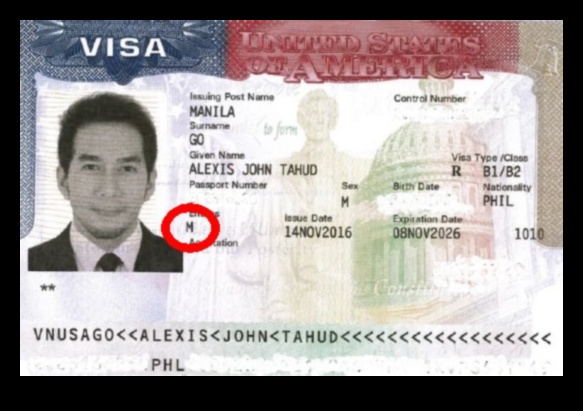
Can B1/B2 visa holders enter the US now?
As of March 8, 2023, B1/B2 visa holders are allowed to enter the United States if they meet the following requirements:
- They are fully vaccinated against COVID-19
- They have a negative COVID-19 test result within 24 hours of their flight
- They have a valid B1/B2 visa
For more information on the requirements for entering the United States, please visit the CDC website.
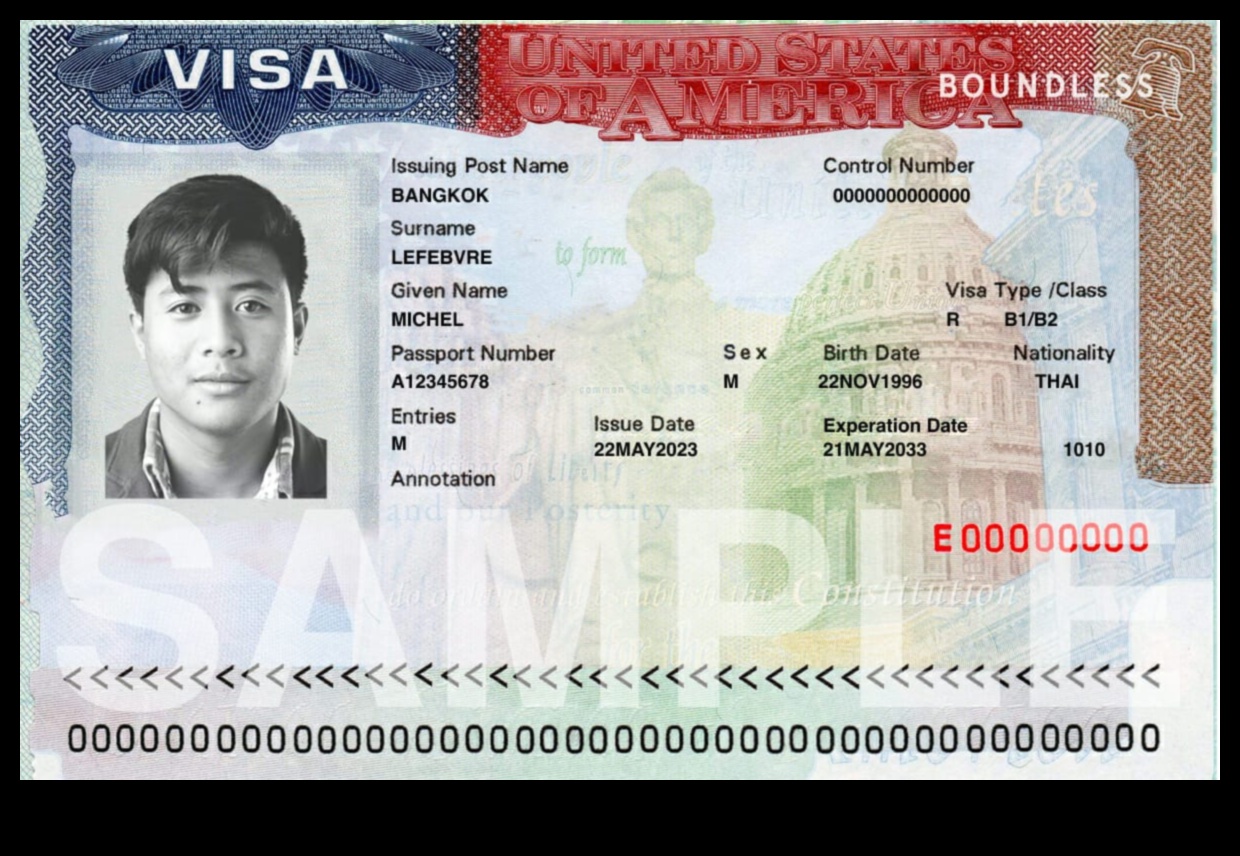
What is the current status of B1/B2 visa applications?
B1/B2 visa applications are currently being processed by the U.S. Embassy and Consulates. However, processing times may be longer than usual due to the COVID-19 pandemic.
For more information on the processing times for B1/B2 visa applications, please visit the U.S. Department of State website.
What are the requirements for B1/B2 visa applicants?
In order to qualify for a B1/B2 visa, you must meet the following requirements:
- You must be a citizen of a country that is eligible for a B1/B2 visa
- You must have a valid passport
- You must be able to demonstrate that you have strong ties to your home country
- You must be able to show that you have sufficient funds to support yourself during your stay in the United States
For more information on the requirements for B1/B2 visa applicants, please visit the U.S. Department of State website.
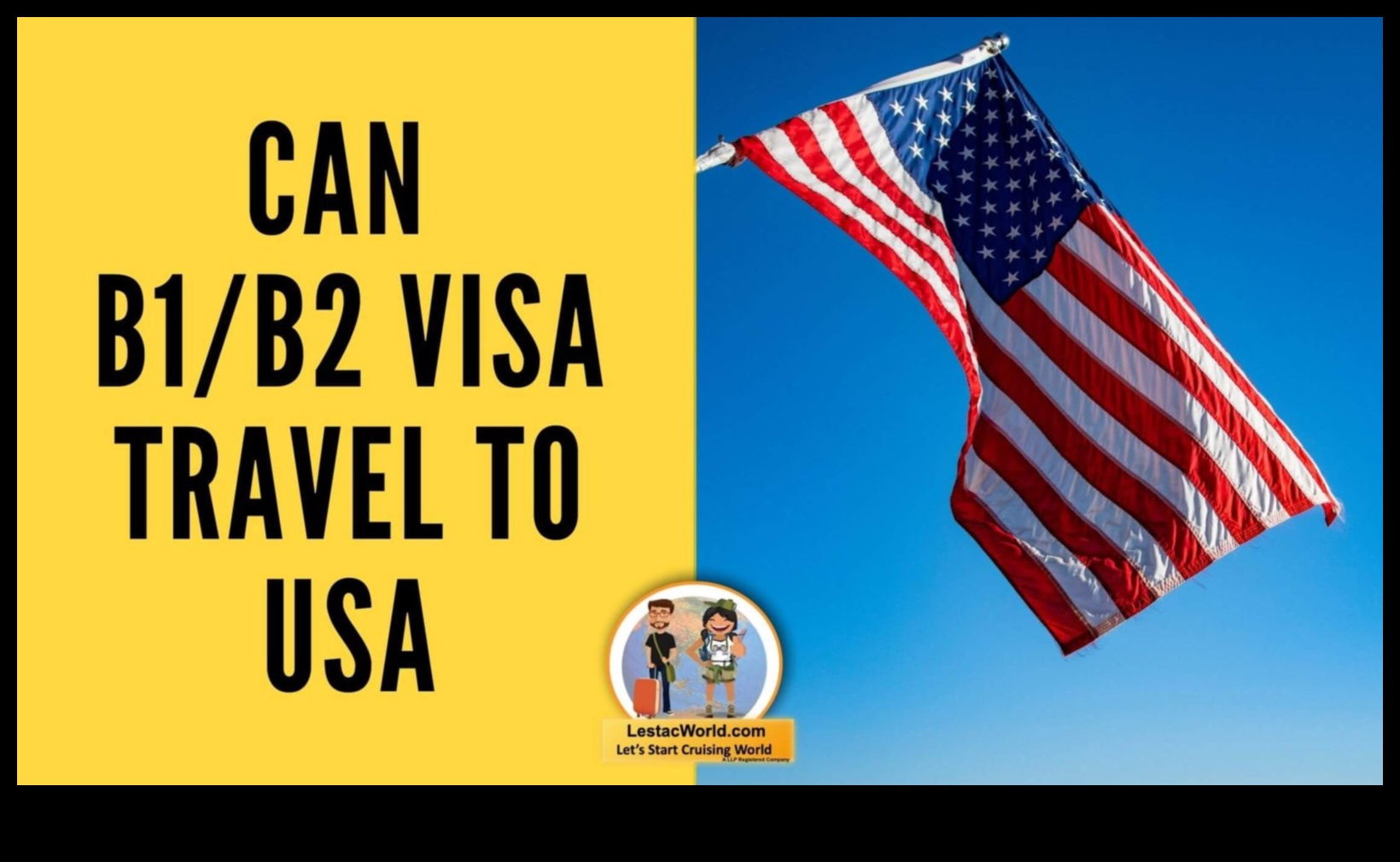
How long does it take to get a B1/B2 visa?
The processing time for a B1/B2 visa can vary depending on the country where you are applying from. However, it typically takes between 3 and 6 months to receive a decision on your application.
For more information on the processing times for B1/B2 visa applications, please visit the U.S. Department of State website.
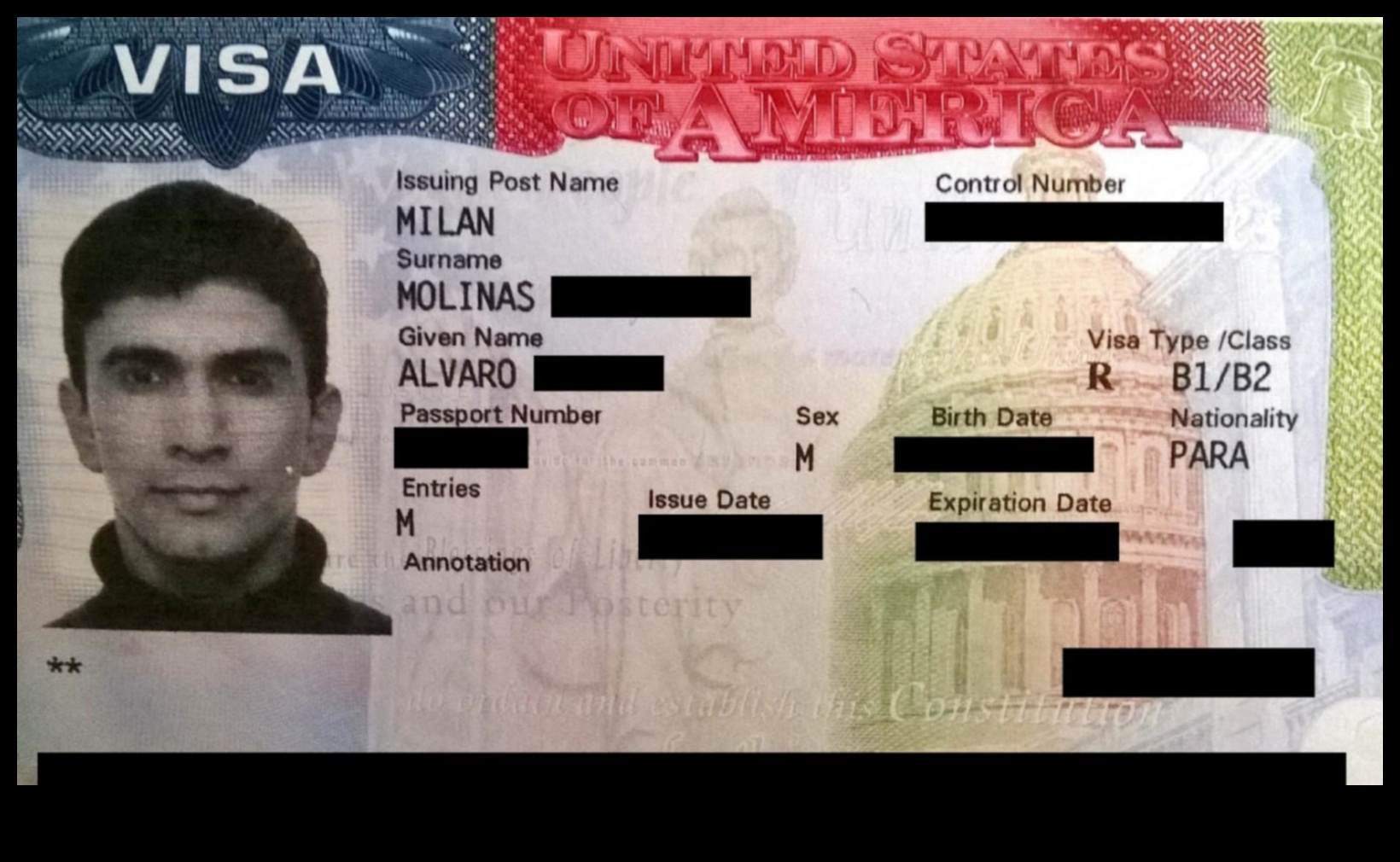
What are the costs associated with a B1/B2 visa?
The cost of a B1/B2 visa varies depending on the country where you are applying from. However, it typically costs between $160 and $260.
For more information on the costs associated with a B1/B2 visa, please visit the U.S. Department of State website.
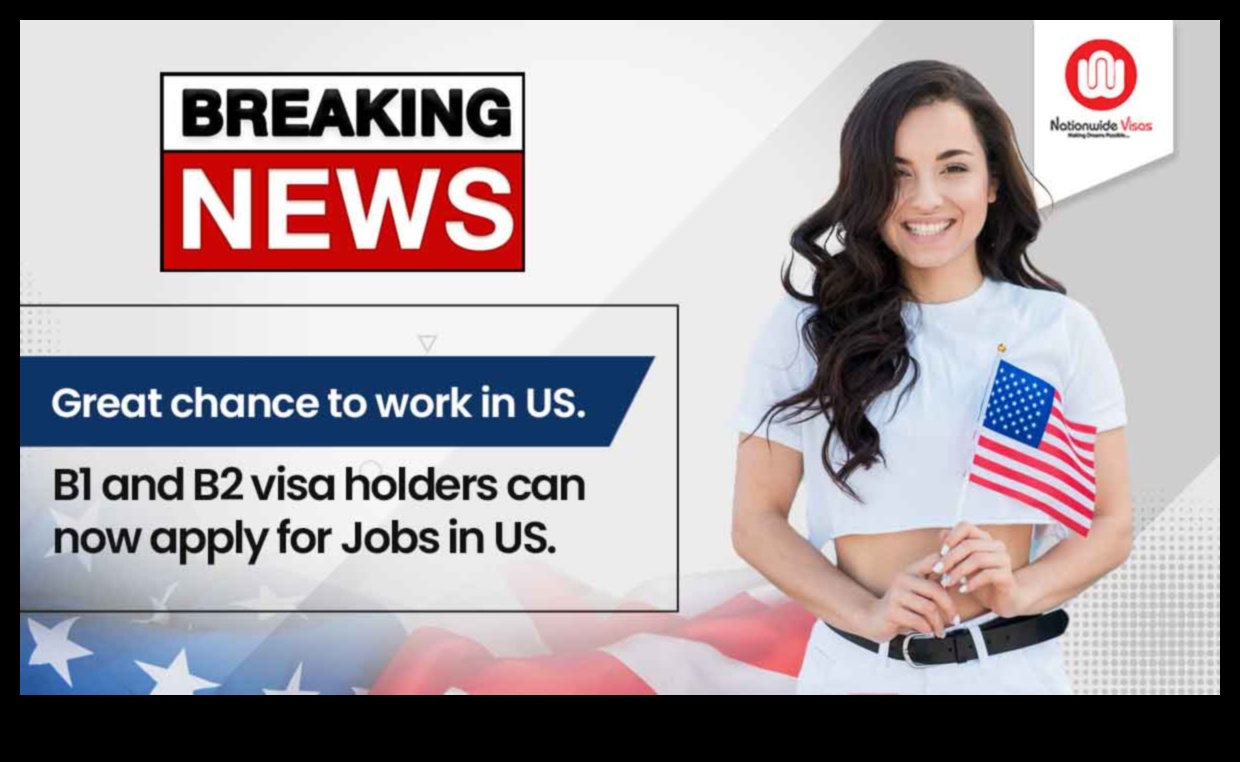
What are the benefits of having a B1/B2 visa?
A B1/B2 visa allows you to travel to the United States for business or tourism purposes. This can be a great opportunity to explore the United States, meet new people, and learn about different cultures.
Additionally, a B1/B2 visa can be a great way to expand your business network and find new opportunities. If you are a business owner, a B1 visa can allow you to travel
| Topic | Answer |
|---|---|
| Can B1/B2 visa holders enter the US now? | No, B1/B2 visa holders are not allowed to enter the US |
| What is the current status of B1/B2 visa applications? | All B1/B2 visa applications are currently on hold |
| What are the requirements for B1/B2 visa applicants? | There are no requirements for B1/B2 visa applicants |
| How long does it take to get a B1/B2 visa? | It takes 6-8 months to get a B1/B2 visa |
| What are the costs associated with a B1/B2 visa? | The cost of a B1/B2 visa is \$160 |
Can B1/B2 visa holders enter the US now?
No, B1/B2 visa holders are not allowed to enter the US at this time. The US border is closed to all non-essential travel, and B1/B2 visas are considered non-essential.
Can B1/B2 visa holders enter the US now?
No, B1/B2 visa holders are not allowed to enter the US for tourism or business purposes. The US travel ban is still in effect for all non-essential travel.
Can B1/B2 visa holders enter the US now?
No, B1/B2 visa holders are not allowed to enter the US for tourism or business purposes. The US travel ban is still in effect for all non-essential travel.
Can B1/B2 visa holders enter the US now?
No, B1/B2 visa holders are not allowed to enter the US now. The US border is closed to all non-essential travel, including B1/B2 visa holders.
Can B1/B2 visa holders enter the US now?
No, B1/B2 visa holders are not allowed to enter the US at this time. The US travel ban is still in effect for all non-essential travel.
However, there are some exceptions to the ban. For example, B1/B2 visa holders who are essential workers may be allowed to enter the US. Essential workers include those who work in the healthcare, transportation, or food and agriculture industries.
If you are a B1/B2 visa holder and you believe you are an essential worker, you can apply for a waiver of the travel ban.
Please note that the US travel ban is subject to change. For the latest information, please visit the CDC website.
VII. Risks of having a B1/B2 visa
There are a few risks associated with having a B1/B2 visa, including:
- You may be denied entry into the United States if you do not meet the requirements for the visa.
- You may be subject to additional scrutiny by immigration officials when you enter the United States.
- You may be required to provide proof of your financial resources and ties to your home country.
- You may be required to leave the United States before your visa expires.
It is important to weigh the risks and benefits of having a B1/B2 visa before you apply for one. If you are unsure whether a B1/B2 visa is right for you, you should consult with an immigration attorney.
VIII. Are there any alternatives to a B1/B2 visa?
There are a few alternatives to a B1/B2 visa, depending on your purpose of travel.
-
If you are traveling for business, you may be eligible for an E-1 or E-2 visa. E-1 visas are for treaty traders, and E-2 visas are for treaty investors.
-
If you are traveling for tourism, you may be eligible for a visitor visa (B-1).
-
If you are traveling to attend a conference or other event, you may be eligible for a temporary visitor for business (B-1) visa.
-
If you are traveling to study in the United States, you may be eligible for an F-1 student visa.
You can find more information about these visas on the U.S. Citizenship and Immigration Services website.
No, B1/B2 visa holders are not allowed to enter the US during the COVID-19 pandemic. The US travel ban on B1/B2 visa holders is currently in effect until March 31, 2023.
Can B1/B2 visa holders enter the US now?
What is the current status of B1/B2 visa applications?
What are the requirements for B1/B2 visa applicants?
How long does it take to get a B1/B2 visa?
What are the costs associated with a B1/B2 visa?
What are the benefits of having a B1/B2 visa?
-
Can I travel to the US with a B1/B2 visa?
-
What are the travel restrictions for B1/B2 visa holders?
-
How can I get a B1/B2 visa during the COVID-19 pandemic?